Embarking upon a vegan diet is far more than just about your health. When you go vegan, not only are you helping yourself but the whole entire world. Being vegan isn’t only about choosing not to eat red meat, fish or poultry. Going vegan means you’re choosing to cut out all animal products including eggs, milk, butter, leather, and choosing cruelty-free products. I know it might sound like an impossible task to achieve at first. But it really is not the case. If you go about it taking one thing at a time, I can guarantee you things will get easier for you along the way.
Different Types of Vegan Diets
A whole host of different vegan diets are followed around the globe and the most common ones are:
- Whole food plant based diet: A diet based upon a wide range of whole plant foods such as fruits, vegetables, whole grains, legumes, nuts and seeds.
- Raw-food vegan diet: A vegan diet based on raw fruits, vegetables, nuts, seeds or plant foods cooked at temperatures below 118°F (48°C).
- 80/10/10: The 80/10/10 diet is a raw-food vegan diet that limits fat-rich plants such as nuts and avocados and relies mainly on raw fruits and soft greens instead. Also referred to as the low-fat, raw-food vegan diet or fruitarian diet.
- The starch solution program: A low-fat, high-carb vegan diet similar to the 80/10/10 but that focuses on cooked starches like potatoes, rice and corn instead of fruit.
- Raw till 4 diet: A low-fat vegan diet inspired by the 80/10/10 and starch solution. Raw foods are consumed until 4 p.m., with the option of a cooked plant-based meal for dinner.
- The thrive diet: The thrive diet is a raw-food vegan diet. Followers eat plant-based, whole foods that are raw or minimally cooked at low temperatures.
- Gluten free vegan diet: Eating plant-based without gluten is called gluten free vegan diet. Eating gluten–free is primarily for individuals with a gluten intolerance, known as Celiac disease. Eliminating gluten from the diet works as a form of treatment by excluding the protein gluten, which is found in wheat, barley, rye and triticale, a cross between wheat and rye.
- Junk-food vegan diet: A vegan diet lacking in whole plant foods that relies heavily on mock meats and cheeses, fries, vegan desserts and other heavily processed vegan foods. (By the way let this be a warning shot. Though this is called a vegan diet, this may not be the healthiest choice in the world you can make.)
Though a number of different types of vegan diets exist, the through line of virtually all of them are the same. So we are going to talk about a vegan diet in general and how you can make the switch to it here.
For a lot of carnivores including people who just switched to a vegan diet, going vegan sounds like a colossal lifestyle change. One that seems almost impossible to achieve. That being said, with these eight simple steps, going vegan seems and feels more realistic and a whole lot easier. A better tomorrow starts with you and you only and it starts with you going vegan. Going vegan gradually seems to be the popular choice. So you are not alone on this journey.
1. Don’t go cold turkey
Think of it like putting your toe in the water before slowly lowering yourself in, eventually becoming completely submerged. It’s not that exciting, and you won’t make a big splash, but you also don’t risk going into shock from the sudden change.
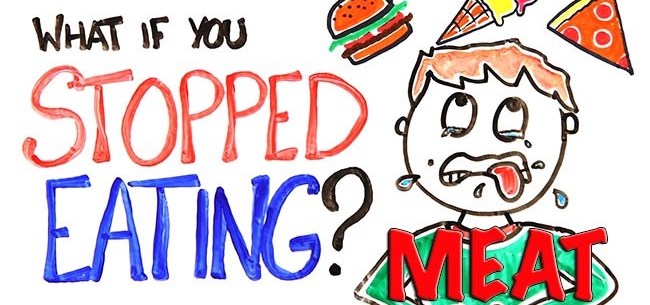
Never lose sight of your end goal, go at your own pace. Some people manage to go vegan overnight and if that’s the right approach for you, fantastic while for most, it doesn’t. Nonetheless don’t be concerned if you feel you need more time. Like any other lifestyle change, going vegan not only takes getting used to, but it takes time to determine what will work best for you. It’s not a one size fits all experience and there is a bunch of approaches you can take.
It is the small changes that make a huge difference in the end. Making small changes to your everyday meals is perhaps the easiest way to increase the amount of plant-based foods in your diet. You could start off by removing meat or dairy one day a week and go from there. Or you could try changing one meal at a time, having vegan breakfasts during your first week, adding a vegan lunch during week #2 and so on. You could even try changing one product at a time by swapping cow’s milk for almond or soya milk or butter for coconut oil or margarine.
Now let me tell you all a secret.There is a plant-based alternative for virtually any type of food you can possibly think of, so I bet you anything, you are not going to miss out on any of your favorite foods.
2. Get the proper nutrients
One of the biggest myths out there is that you can’t get proper nutrients as a vegan which holds back a lot of people from going vegan. Even though it is a legitimate concern, it’s blown way out of proportion. So you don’t have to buy this myth but Make sure you don’t miss out on essential nutrients. Just because you’re vegan that doesn’t mean you’re 100% healthy, as there are vegan versions of almost every type of junk food which is bound to be unhealthy. As long as you eat a wide variety of tasty plant foods, planning a healthy diet that incorporates all the vitamins and nutrients you need, it will be a cushy job.
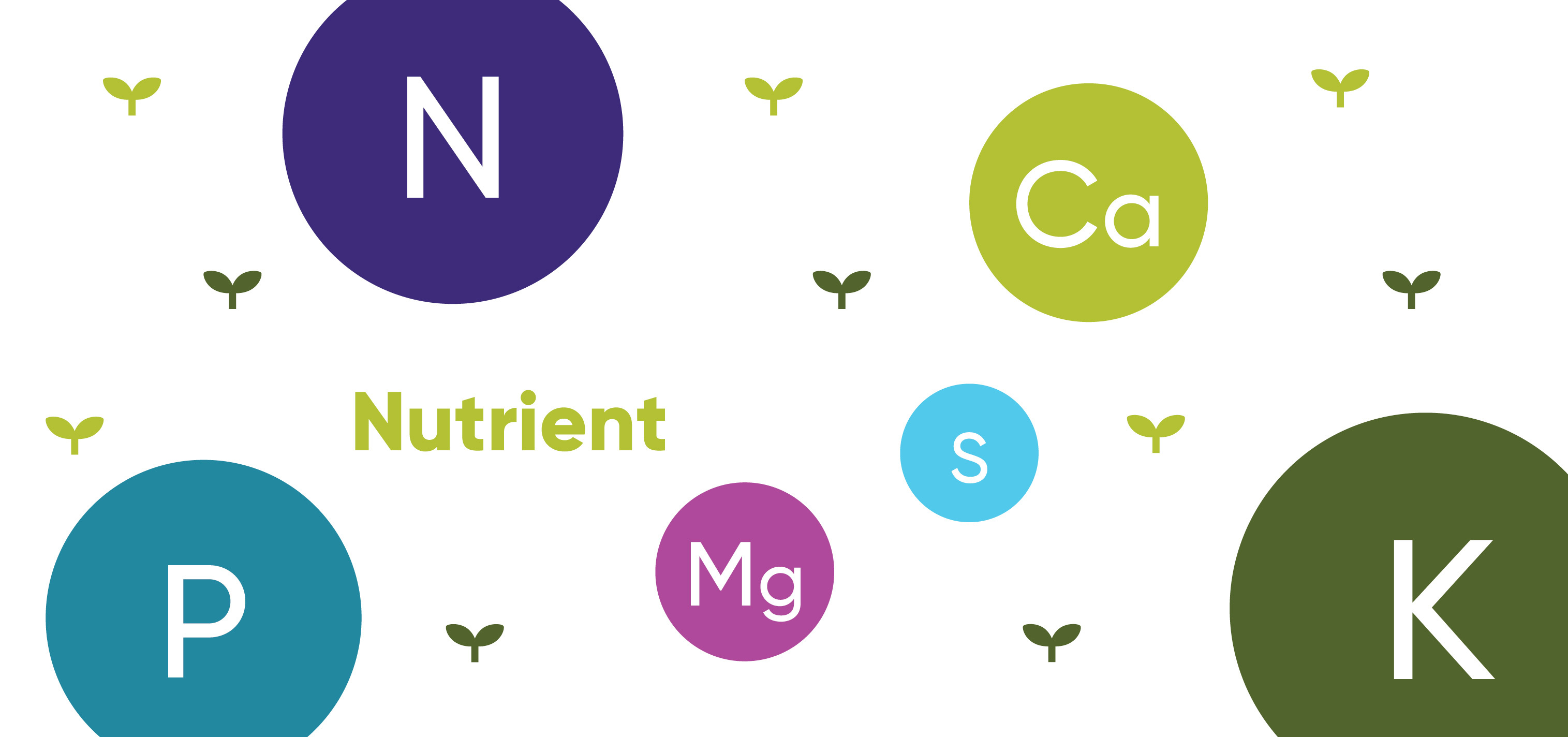
Here are 9 nutrients of critical concern. If you’re vegan or entertaining the idea of going vegan, ensure that you consume an adequate amount of each of the below.
- Eat a rainbow( a whole lot of fruits and vegetable with a good variety)
- Make sure you get good sources of protein in every single meal (Beans, lentils, chickpeas and more).
The debate is over. You can get complete protein on a vegan diet only if though you eat plant-based foods high in protein and in necessary levels. Here is the caveat though. Most people run a hectic schedule every single day doing multiple jobs to keep it going. If you are one of those, it is likely you might not be getting enough protein as a vegan.
So here are a few plant-based organic protein supplements to overcome that challenge. Check out Vega,Optimum Nutrition Gold Standard, Garden Of Life Raw Organic Protein,
Orgain Organic Protein Plant-Based Protein Powder
- You do not want to miss out on calcium. Make sure you eat a lot of them.(Kale, Legumes, Spinach and more)
Calcium is required for your teeth and bones. It also bears a role in muscle function, heart health and nerve signaling process. Unless we get enough amount of calcium, it is better to take a supplement like Garden of Life Raw Calcium Supplement or
Organic Vegan Vitamin K2+D3 Calcium Gummies since studies have shown vegans don’t get enough calcium.
- It’s a must you consume a decent bit of vitamin B12( Fortified food with B1 or vitamins)
B12 is an essential vitamin your body needs to produce DNA and RNA which are genetic materials in the body and to maintain healthy nerve cells. Also it has a role in controlling the amount of homocysteine in the blood since high levels of it can be associated with heart disease.Most importantly vegans must supplement with vitamin b12 in order to absorb appropriate levels since it is only found naturally in fish, eggs and so on an so forth. Consider these VeganSafe B-12, Organic Vitamin B12 or
Jarrow Formulas Methylcobalamin (Methyl B12) .
- Ensure you get vitamin B2(Riboflavin) as well.(Oil seeds, Legumes, Kale and more)
Vitamin B2 aids in the process of your body producing energy from food. It also helps process fats and amino acids, and acts as an antioxidant in the body to neutralize free radical damage. It is significant you get adequate amount of B2 since studies have shown vegan and vegetarians have higher risk of vitamin B2 deficiency. So if you are not getting enough, you gotta consider taking a supplement like Riboflavin
- Iodine is something you can’t forget to have.(Seaweed and iodinate table salt)
Getting adequate amount of iodine is vital since a deficiency of iodine can cause some serious problems such as hypothyroidism, irreversible mental retardation and others.Vegans who do not want to eat iodized salt or fail to eat seaweed several times a week must consider taking an iodine supplement like Natural Nutra Kelp Iodine Supplement or Nature’s Way Kelp .
- Keep an eye on vitamin D requirement(Common mushrooms and sunlight)
Vitamin D keeps our bones healthy by helping to control the amount of calcium and phosphate in our bodies. It also appears to keep our muscles healthy too. If it is difficult for you to get a daily vitamin D intake, Choose a supplement such as Vegan D3 + K2 “Full Spectrum” Drops for Best Absorption , Nordic Naturals – Vitamin D3 or Doctor Formulated Vegan Vitamin D3 Supplement
- Omega 3 fatty acids are essential(Flax seeds, chia seeds and algae and more)
Omega 3 fatty acids provide a bunch of health benefits which are reducing inflammation, decreasing blood triglycerides and reducing the risk of dementia and more.
Plant foods usually contains alpha-linolenic acid (ALA) which is not as active as other two types, eicosapentaenoic acid (EPA) and docosahexaenoic acid (DHA) .Unfortunately ALA’s ability to be converted is limited. So if you think you are not eating enough of omega 3 fatty acids plant sources, you must take a supplement like Ovega-3 Plant-Based Omega-3 Daily Dietary Supplement , Vegan Omega 3 Supplement , Testa – Cut out the middle-fish – much Healthier than Fish Oil or VEGAN OMEGA 3 – Better than Fish Oil
- Consume proper amounts of selenium, zinc and iron
3. Beware of cravings
Someone just switching to a vegan diet might very well find it difficult to ditch their long-established cravings. And it is not uncommon. But if you dig a little deeper into how and why these cravings exist in the first place, I am sure it will aid you in the right direction.
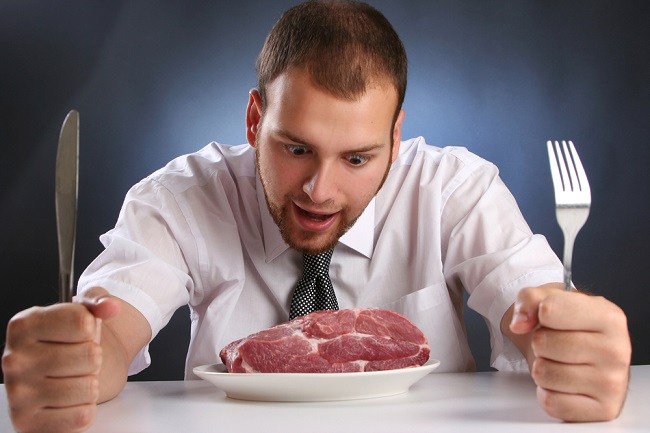
Milk contains a protein called casein that breaks apart during digestion and releases opiates called casomorphins. Cheese also contains phenylethylamine, which is an amphetamine-like chemical. These compounds are responsible for many of our cravings, including that feeling of not being able to live without cheese. It’s a real physical addiction, which means we can really suffer from withdrawal when we stop eating cheese. Here is the good news though. All those cravings will lessen over time.
The most effective way that you can deal with your cravings in my opinion is remembering all you have learned about where your food comes from.
Learning the truth about the dairy industry is the best way you can manage to lessen the intensity of your cravings. No matter what the food is or what the circumstances are, what doesn’t change is the fact that animal foods come from animals and no one have a right to hurt them.
4. Avoid unhealthy vegan foods
Guys, now let me drop a truth bomb here. Whether we like to hear it or not, a meat-eater can be sometimes healthier than a vegan, depending on what their overall diets look like. That’s right! A vegan diet that contains highly processed foods has the potential to ruin your health just as much as meat does.
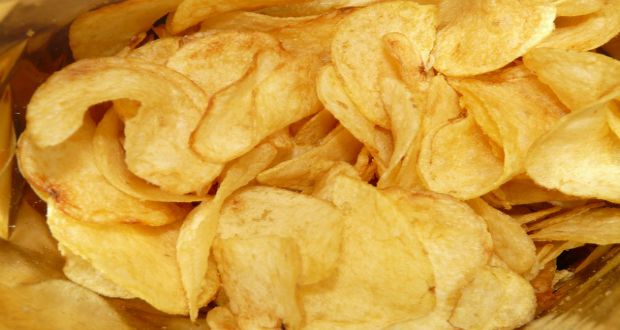
A vegan diet can be incredibly beneficial, if most of the foods are unprocessed and you’re getting all the essential nutrients. If you eat mostly processed vegan foods, though, chances are pretty good that you’ll gain weight and ruin your health. There are some unhealthy vegan foods you should avoid as much as possible.
Fried vegetable chips, vegan hotdogs, white pasta, high-calorie smoothies, frozen vegan meals, granola bars, processed vegan desserts are some on the top of the list.
5. Get Support
Making a major life change is not easy at the beginning, at least it doesn’t seem like that. So don’t ever be hesitant to ask for help. If you’re having trouble locating vegan-friendly products in the grocery store, seek out an employee to direct you to the right items. More support and help can be found online as well. Simply search nutrition stores near you to find health-conscious stores.
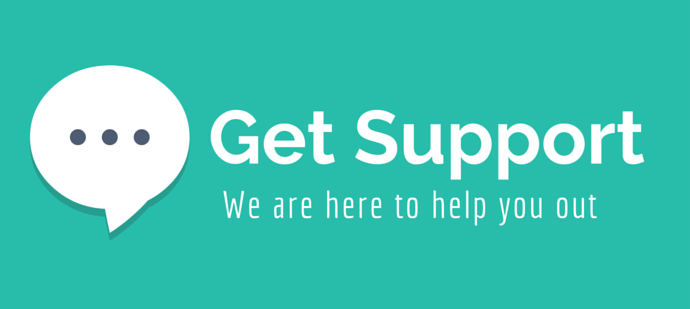
Here are some places you can find vegans in your local community:
– Vegetarian Resource Group’s list of local and state groups (USA and international)
– Meetup.com – Just choose your area and search for “vegan” (International)
– Vegan Society’s list of local groups (UK)
– Your local co-op’s bulletin board – you’ll often find vegan potlucks advertised here
Or you can start your own meetup group with couple others who are also seeking assistance to jump on the vegan bandwagon.
Here are some places to connect with vegans online:
– Facebook, Instagram and Twitter
–G+ vegan community
– happycow.net community
One important point that needs to be repeated is that vegan community is immensely compassionate and friendly. Not to imply that others are not…Anyways They will always be ready to give you guidance along the way. Reach out to them whenever you have trouble figuring them out on your own.
6. Don’t be afraid to eat out
You don’t have to be a full-blown vegan to notice a couple things about choosing plant-based meals when you’re dining out. Whether you’re exploring the diet, have been a vegan, semi-vegan or vegetarian for years, or just want to give burgers and brie a break, you can still enjoy a meal out with friends without feeling deprived. If you’re one of the many people who thinks a vegan diet is too restrictive and only consists of beans and rice at home, you’ll be surprised to learn that it’s far from true.
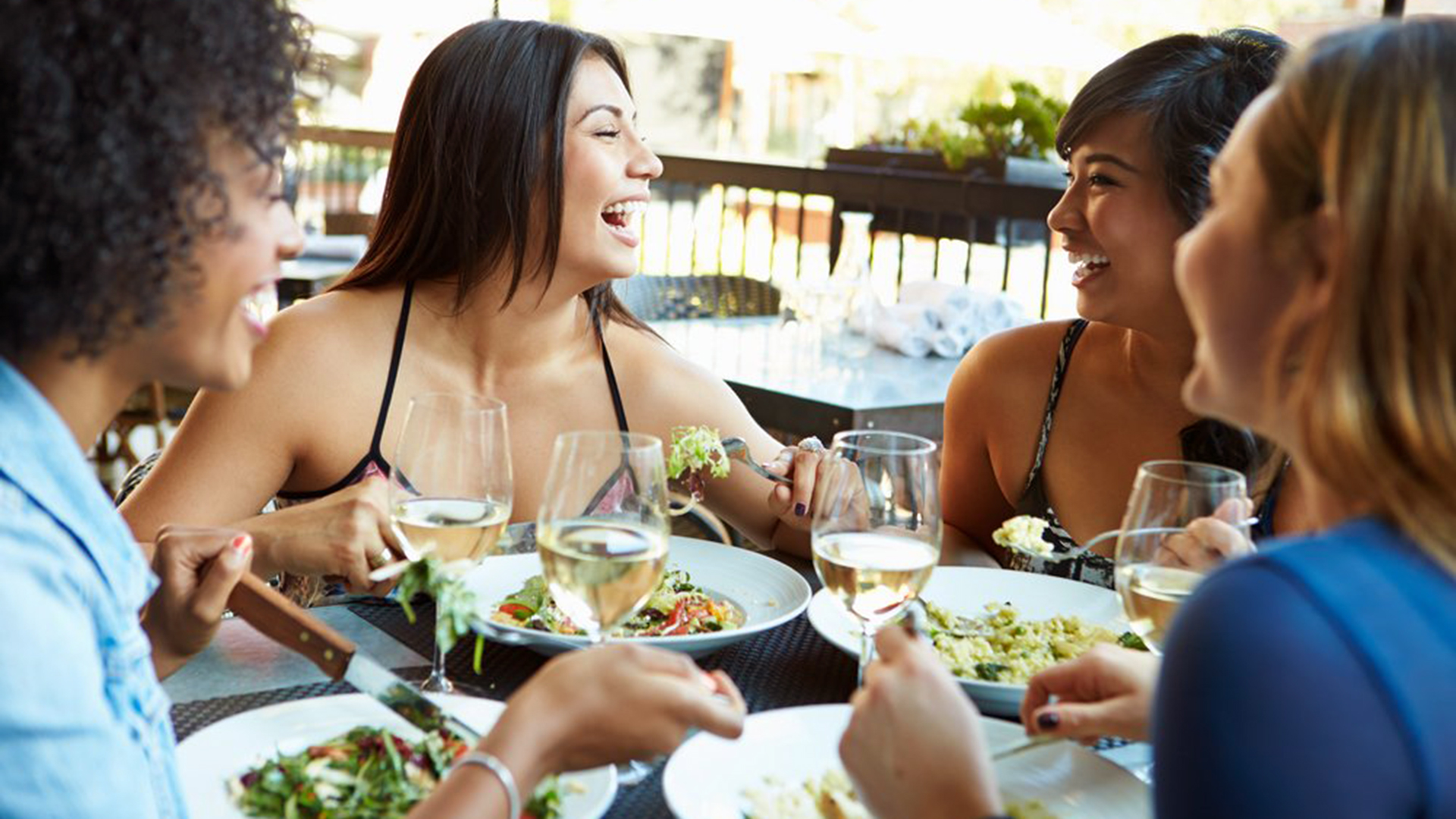
As plant-based diets have become mainstream and more and more popular, most restaurants have grown accustomed to accommodating vegans. Many chefs have developed special dishes or substitutions just for vegan eaters, and a lot of venues offer a full vegan menu.
Take time to go out with your friends and follow these easy tips on dining out while making the transition.
Scope out the restaurant menu ahead of time by checking out the website and seeing what they have to offer. This is something that’s helpful even if you aren’t following a specific diet plan. The single tip that can help you out best in vegan restaurant dining is to call ahead. This is especially helpful if you’re headed to a work meal with colleagues, dinner with your significant other’s parents, or any other situation in which you won’t want to ask a lot of questions once you get there.
7. Research vegan recipes online.

Make your meals at home. You can make cooking fun by inviting some friends over and doing it together. It can lead to a lot of laughter and interesting conversations. HappyCow and websites like Vegweb offer hundreds of vegan recipes to help you make yummy homemade meals. Book stores carry vegan cookbooks. And it’s often easy to “veganize” your favorite recipe with substitutes. Whether it is delicious vegetarian or easy vegan recipes you’re after, or ideas for gluten or dairy-free dishes, you’ll find plenty there to inspire you.
8. It gets easier
Here is the bottom line. Just like with everything else, convince yourself that this vegan journey you just embarked on is going to get easier by the day. It is the beginning that most people find difficult. Once you get past that point, it is just a piece of cake. Believe in that.

The most important thing to remember when going vegan is to not give up. You’re going to have some bad days and you’re going to have some really great days. Using these eight tips can help keep you going even when you feel like throwing in the towel and giving up.
There is a likelihood that you might still be feeling stranded and curious on how to go vegan the right way. If you feel like reading more before embarking on this vegan journey, there are number of good reads out there that can help first-time vegans just like you.
Below are my top 5 books that I would recommend if you’re still curious about veganism and need more information:
1. Oh She Glows Every Day – Oh She Glows Every Day is focused on making simple plant based recipes which are suitable to make any day of the week, helping people to stay healthy even with a busy schedule. The author walks you through how a healthy lifestyle can be maintained conveniently for every day as well as special occasions!
2. Isa Does It – This book contains a bunch of helpful tips and strategies for easy, home cooked meals which are vegan, healthy and easy to prepare. The recipes in Isa Does It are supermarket friendly and don’t have any exotic ingredients. This is an awesome vegan cookbook for beginners who run a tight schedule.
3. Veganomicon – This book is wonderful for beginners, packed full of simple recipes and handy tips. It is certainly one to read. The first section of Veganomicon goes in-depth on how to cook and prepare different vegetables, grains and more. This is perfect for novice cooks and people who aren’t particularly familiar with all of the ingredients. The recipes are mainly designed for those with busy schedules, working moms and go-getters, with the intention to make a vegan lifestyle as accessible as possible.
4.Vegan Cookbook for Beginners – This book intends to be for the everyday cook who wants to add some vegan recipes into their diet. Plant based meals are packed with natural ingredients, and this book helps to elaborate on that. Vegan Cookbook for Beginners is perfect for beginners as it contains handy guides for shopping lists, meals and explains the guidelines of a vegan diet. For those who are first timers, this goes to show that there is a whole world of flavor, nutrition and heartiness to vegan diets.
5.The How Not to Die Cookbook – After all, it’s not enough to just avoid meat, dairy, & processed foods. It is essential that get your complete nutrition. This cookbook offers a wide variety of nutrient-packed recipes. In the back of the book there are complete meal plans for two whole weeks, which really helps you get a concrete picture of what complete nutrition looks like over the course of the day. To make it a little easier to freestyle your meal-planning, each recipe comes with an easy-reference list telling you which of Dr. Greger’s “daily dozen” foods the dish contains.


Great post 😁
LikeLike
Thank you so much. I appreciate it.
LikeLike